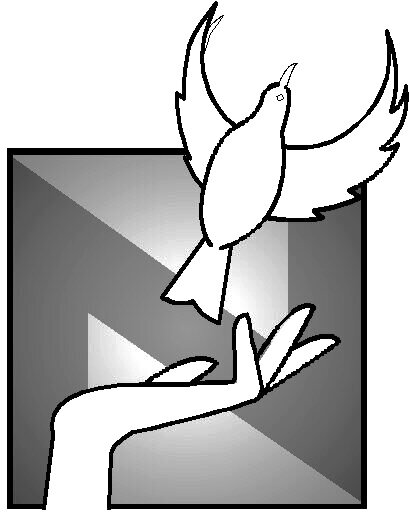Discipline vs. Punishment
Every year that I’m in practice I see more and more children with anxiety. Anxiety is the clinical word for fear. An anxiety disorder just means that fear is high enough to meet diagnostic criteria for a psychiatric diagnosis.
No loving parent wants to raise a fearful child. Discipline comes from the Latin word for pupil, discipulus, the same root word as disciple. Discipline has nothing to do with scaring a child into compliance. Unfortunately, only in recent human history has society seen children as fully human, and so have come to question reliance on physical punishment and threats as beneficial methods of child-rearing. So, what are parents left with?
The ways in which a child is socialized (taught to conform to social norms) affects important parts of their developing brain differently. The specific methods used to train your child matter, neurologically. Fear and shame-based techniques light up the amygdala, the fight or flight center of the brain that reacts to danger. As a child develops, less-used synaptic connections are pruned and more-used pathways grow. For instance, babies utter all the sounds of all human speech. As they mimic their parents and learn to speak the language they hear, other sounds are lost, and the parts of the brain needed for those unused activities are pruned to allow more connections in the areas with more use.
When fear is the primary mode of getting a child to obey, some neurons connected to self-confidence, higher reasoning, and problem-solving in the cortex, are pruned, while fear centers grow, gaining more neural connections. The more a child experiences fear, the more they are hard-wired to interpret life experiences as dangerous.
Healthy coping skills, pride in one’s own abilities, and courage to try new things, come from pruning fear centers and enhancing the competing neurological connections in the higher centers of the brain.
Your first impulse to scare your child into compliance, may not be the best use of a learning moment. Helping your child develop self-confidence and resiliency, rather than fear and anxiety, takes time, patience and thinking ahead of your child.
When my son was eleven, he complained that what his teachers were requiring of him was ridiculous and that he would never use that information in his life. I had him watch The Karate Kid and write a page essay on why he thought Mr. Miyagi had Daniel, “Wax on, wax off.” In his own words, he found the lesson I wanted him to learn by observing the storyline of the movie. Each week, my son had to earn his computer time. When issues arose, I used them to help him gain new useful information, not to scare him. He learned to love academics and analytical thinking and is now a successful trial attorney.
This isn’t always easy. Focusing on teaching new, self-awareness skills, vs. scaring, shamming or trying to make your child feel as upset as you feel when they misbehave, will help you generate many new ideas.
For instance, if your child did not comply with picking up their dishes or cleaning their room, helping them join a volunteer day of beach cleanup, can offer together time and a sense of how not cleaning up after one’s self can get out of hand and became a burden to others.
If your child is being inappropriate online, help them develop online skills that will assist them in life. Writing an essay (with citations—not from Wikipedia!) on how to determine if a news story is real, partially real, or completely false, can give them discernment and critical thinking skills.
Time together, can help develop tools towards self-confidence instead of fear-based parenting. Volunteer opportunities, emotionally-safe conversations, genuine curiosity, creative projects, travel, museums, art exhibits, or long nature walks, even well-chosen movies or live theater, can all provide opportunities to talk about painful emotions behind inappropriate behaviors and find healthy, socially appropriate ways to handle those feelings.
Most of all, model how you would like your child to behave and talk. “Do as I say, not as I do,” has never worked as a parenting tool. Your child is watching how you respond. Lead with compassion and teaching, not with your own anxiety and fear.
Model positive ways of learning new coping skills, and how to take responsibility for your own feelings. Don’t make others responsible for your uncomfortable emotions. Model curiosity over judgement, humor over criticism, patience over impulsivity, planning over a last-minute rush, and gratitude over complaining.
If changing old habits is difficult, working with a therapist to set up new systems in the family may be beneficial. A psychologist or other licensed therapist may have tools you haven’t thought of.
That look of fear and anger in your child’s eyes when they haven’t pleased you, can be replaced with curiosity, problem solving, closeness and pride in themselves for their newly learned skills. Create joy, a sense of competency and self-worth. Help discipline the higher neurological connections that give your child the best tools for living a great life.
Recommended books:
How to Talk So Kids Will Listen & Listen So Kids Will Talk
Compassionate Child-Rearing: An In-Depth Approach to Optimal Parenting
Lois V. Nightingale, Ph.D.
Psychologist PSY9503
Marriage, Family Child Therapist MA21027
714-993-5343
